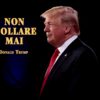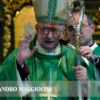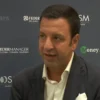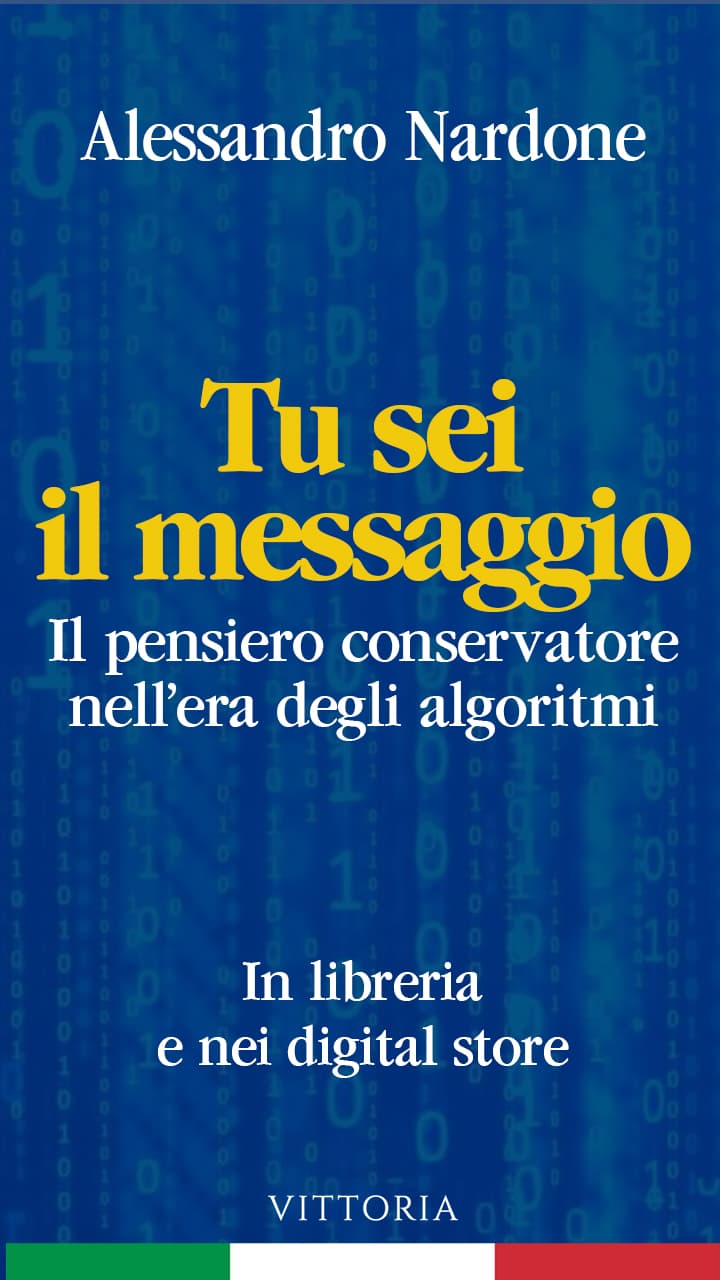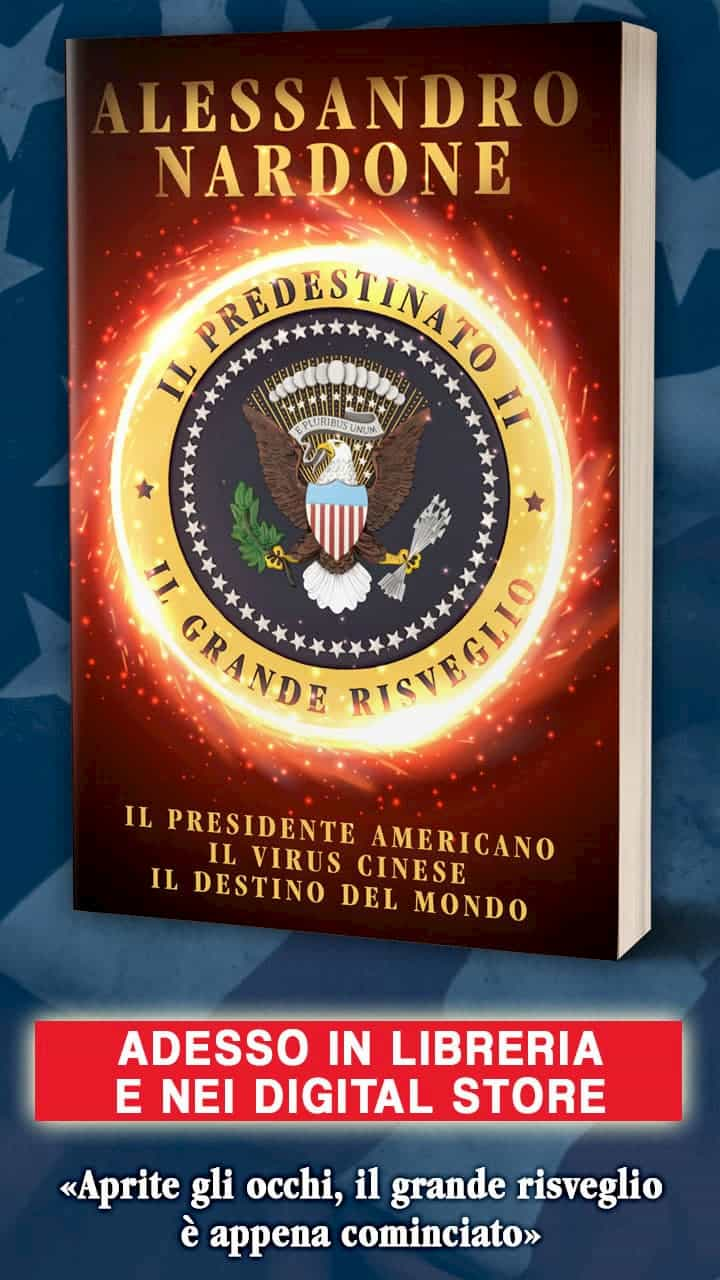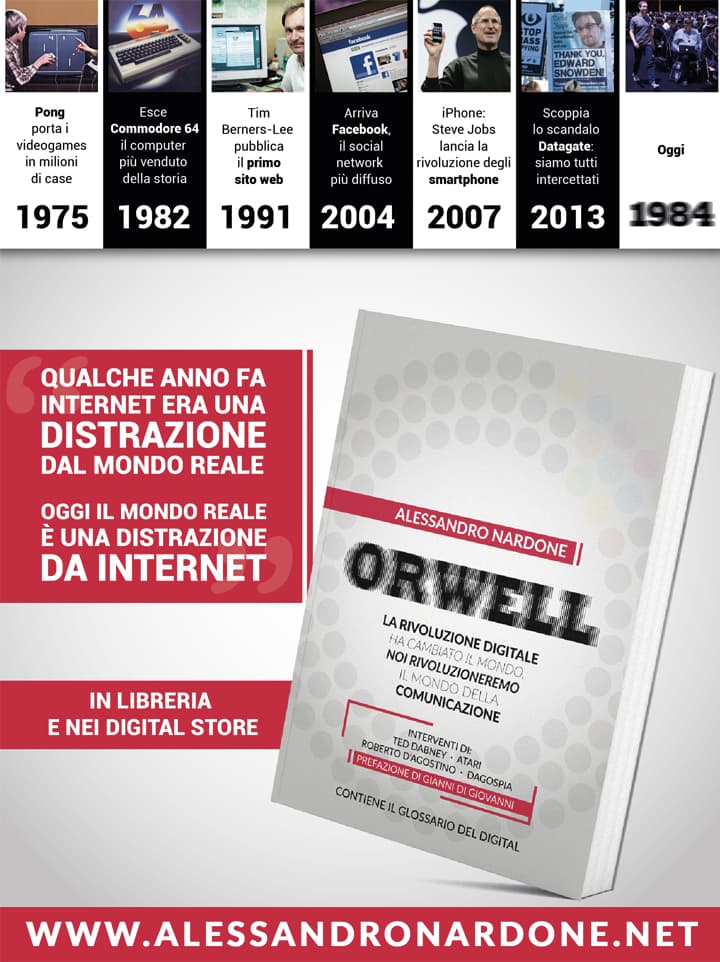When I decided to go to Kyiv to report on Volodymyr Zelensky‘s electoral campaign, some of my collaborators raised their eyebrows. I could understand them, after all, at our latitudes the Ukrainian elections were receiving more or less the same interest as a film forum on the Battleship Potëmkin, with the exception of a handful of articles about the Ukrainian Beppe Grillo. First mistake, and we’ll see why in a moment. Personally, I was fascinated by the fact that Zelensky had already been president, but as the protagonist of a television series. In other words, it’s as if Kevin Spacey had actually run for the White House.
In short, if it was the similarity with Alex Anderson‘s story that intrigued me. It was his communication channels that convinced me that I should have immediately boarded a plane to Ukraine: from the website to social media, I immediately understood that I was facing a campaign managed in an absolutely innovative way.
I had confirmation of this as soon as I got in touch with his staff, who answered my email almost in real time offering me the opportunity to spend the election day at the headquarters set up at the “Parkovy” Congress Center: 48 hours of full immersion in a phenomenon destined to set the standard in political marketing, spent relating with some of the candidate’s spin doctors and with several Ukrainian journalists, who in turn were intrigued by my experience as a fake candidate.
In order to understand their mindset, the interview with “Zelensky’s Bannon”, Alexander Kornienko, had been very important. He started by defining as “fundamental” the role of the Internet and revealing that “our electoral campaign has been made only online”, that is, “without printing even a flyer or a poster”. This is already a first key element, because we are faced with a unicum, at least at certain levels.
But let’s go on, because Zelensky’s strategist went even further, stating that for them “it’s reductive to define the Web as a ‘tool'”, which instead they considered “the strategy, the real vision of our leader”. On the same wavelength, Artem Gagarin – another of the leaders of the campaign – added that “thanks to the Web, Zelensky communicates horizontally with all Ukrainians, regardless of who they are or what they do, actively involving them in important choices such as the realization of the program”, confirming, then, that Zelensky “will maintain this kind of connection with his people even as president”.
The first completely digital electoral campaign marks a further evolutionary step compared to those of Obama in 2008 and Trump in 2016: a disruptive approach capable of introducing a totally new way of doing political communication, starting from the quality of the content shared to the use of a channel like Telegram.
As for the substance of the contents, in order to trace the contours of the identity background of the Ukrainian president we have to go back to Kornienko who, after having rejected (also with a certain irritation) the parallel with Beppe Grillo and the 5 Star Movement, accepted the comparison with Trump’s way of communicating, but specifying that “the American president is a millionaire, and therefore elite, perhaps not very traditional, but still elite”. That same elite of which “Zelensky is not part” and which, again according to Kornienko, in Ukraine as well as in the rest of the world is the protagonist “of a clash with the people”.
In short, Zelenkysm was so anti-establishment as to consider even Trump – the anti-system par excellence – part of the “system” and therefore different from the people he represented.
Another completely unfounded stereotype about him was the one related to his alleged subalternity to Putin: a distorted view, caused by the lack of real knowledge and the bad habit of taking second or third hand news maybe translated with Google, one of the many side effects of the crisis of a publishing industry increasingly drugged by the algorithms of BigTech.
Suffice to say that just a few days after his election, Zelensky responded to a provocation by the head of the Kremlin by offering “Ukrainian citizenship to the citizens of all countries suffering from authoritarian and corrupt regimes, first of all to the Russian people, who suffer more than any other”.
A long but necessary premise to focus on the figure of the Ukrainian president who has decided to stand by his people in a Kyiv under fire and attack by Vladimir Putin, a choice that has made many of those who insisted on calling him a “comedian” and who, evidently, did not think he was up to the role, think again.
In these dramatic hours, Volodymir Zelensky and the Ukrainian people are becoming more and more the symbol of Europe even if they are not formally part of it: they are the real European patriots, the bulwark that resists the advancing attack that Russia has launched on the whole West, already exhausted by the pandemic culpably spread by China and in the grip of an identity crisis that threatens to undermine its foundations.
“This is the crucial moment to close once and for all this long discussion and decide on Ukraine’s accession to the European Union. I have just spoken with the President of the European Council about further effective assistance and the heroic struggle of the Ukrainians for their free future”, was the appeal launched yesterday by Zelensky through his Twitter profile: Europe must understand that a political response is needed before an economic one.
It is a historic opportunity, but time is running out: now or never. For Ukraine, for Europe and for the West: Ukraine now!













